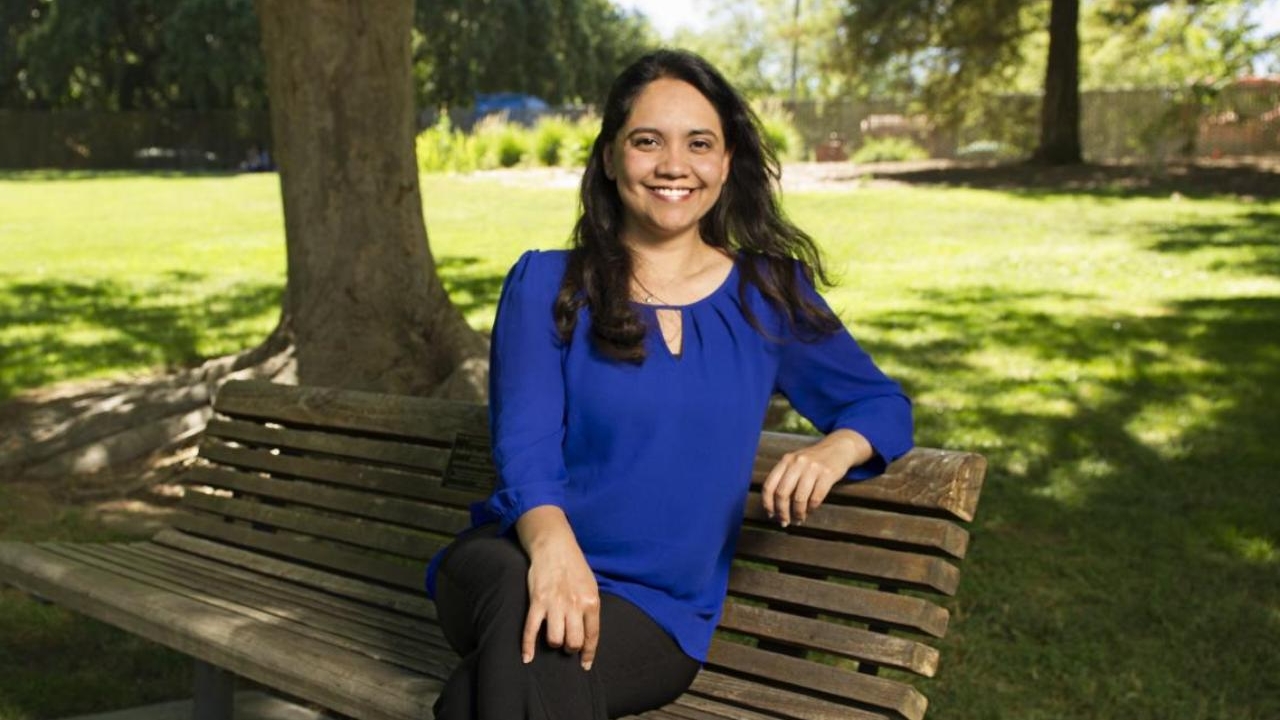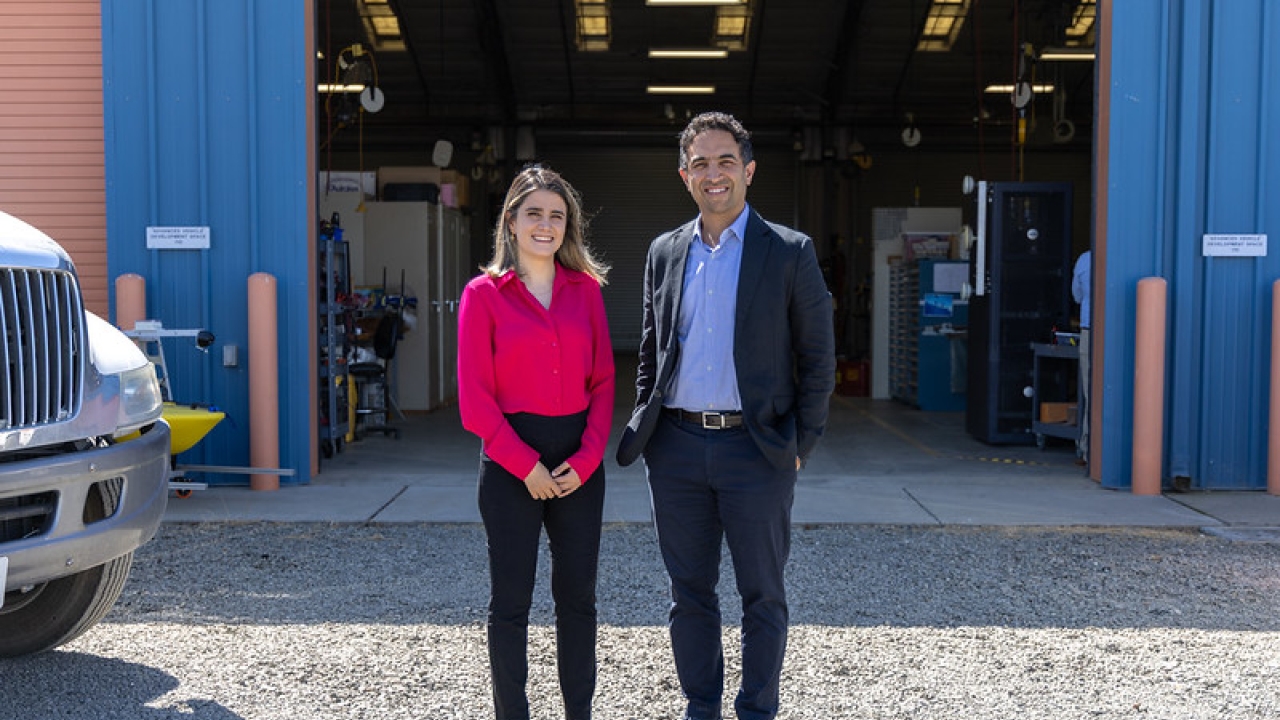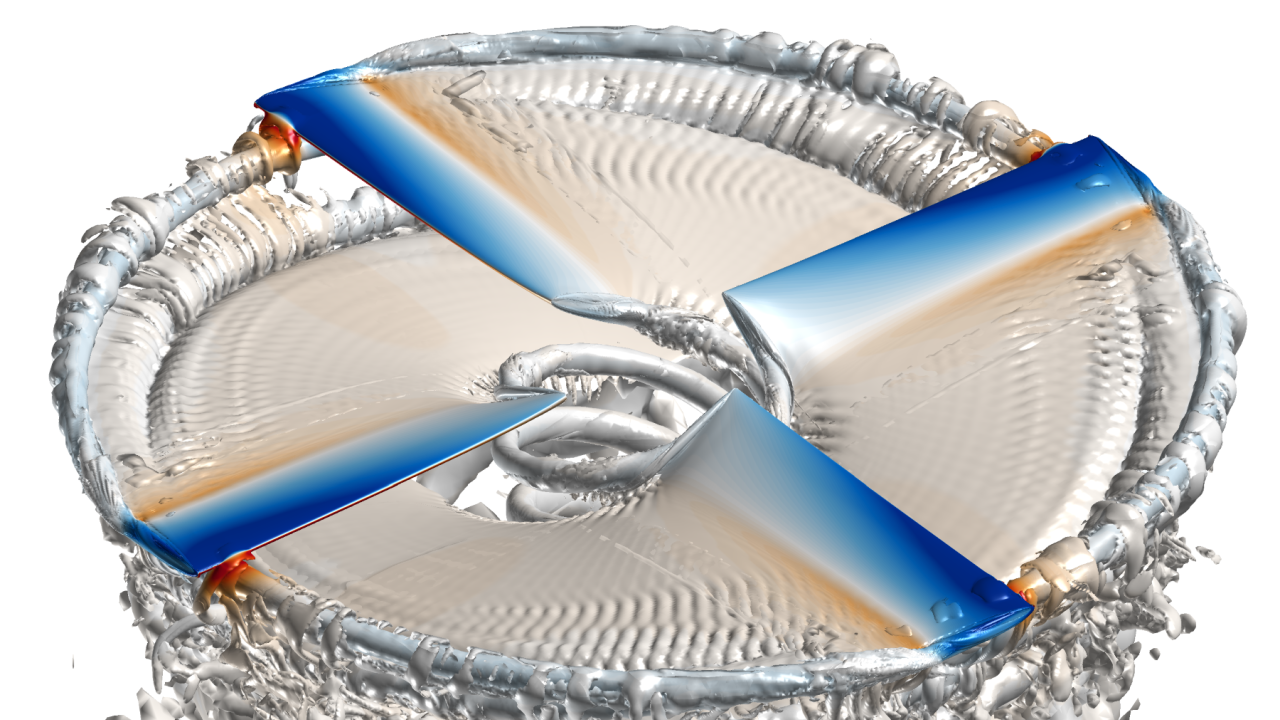
Faculty Spotlight: Cindy Rubio González
This spotlight is part of our 2022 International Women's Day feature.
Describe your personal and professional background and current role in the College of Engineering.
My academic background is in computer science. I completed my bachelor’s education in Mexico, where I was born and raised. Subsequently, I received my M.S. and Ph.D. degrees in computer science from the University of Wisconsin-Milwaukee and the University of Wisconsin-Madison. I then moved to sunny California for my postdoctoral research at the University of California, Berkeley, before joining UC Davis as an assistant professor in November 2014. I am currently an associate professor in the Department of Computer Science. I also serve as the College of Engineering’s Faculty Advisor to the Dean for Diversity and Inclusion and co-chair of the Diversity, Equity and Inclusion Committee.
What led you to the engineering field?
My father was an electrical engineer, and he inspired me to pursue a career in engineering. However, choosing computer engineering happened almost by chance. I started a bachelor’s degree in piano performance when I was 11 years old, and I completed the first five (out of eight) years of this bachelor’s by the time I was about to graduate from high school. I knew I wanted to pursue a career in engineering while completing my music degree. Despite my interest in computer engineering, I initially did not choose that major because I had no programming experience. Thanks to my father's encouragement, I switched majors last minute. The first year in the computer engineering program was particularly challenging, but soon I knew I had made the right choice!
Highlight your current research. What do you love about it, why are you excited and how do you stay motivated?
My research spans the areas of programming languages and software engineering with a specific focus on program analysis and software testing. My research aims to design and build tools that help software developers write more reliable and efficient programs. For instance, I have developed program analyses to detect incorrect error handling in large software systems such as the Linux kernel. In recent years, I have become interested in developing analysis techniques to detect bugs and improve the performance of numerical software, solving software engineering problems in the application of machine learning, and creating automation of large-scale datasets for the evaluation of software tools (see http://www.bugswarm.org/). One of the things I am most excited about is that our tools are used to analyze real-world software. We can contribute to the open-source community by reporting defects and suggesting ways to improve the performance of widely used software.
The 2022 International Women’s Day theme is #BreakTheBias. How do you support gender equity and #BreakTheBias in the engineering field?
I support gender equity and #BreakTheBias in several ways. For example, I participate in various efforts to increase the participation of women and underrepresented minorities in STEM. In the College of Engineering, I serve as Faculty Advisor to the Dean for Diversity and Inclusion. In this role, I help the Dean attract, retain, serve and recognize diversity in the college's students, faculty and staff. I also serve as PI of the PROMISE Engineering Institute (PEI), an NSF-funded project led by UC Davis Vice Chancellor of Diversity, Equity and Inclusion Dr. Renetta Garrison Tull in collaboration with the University of Maryland Baltimore County (UMBC). PEI is a West/East Coast alliance to diversify the population of graduate students and faculty in engineering. I also serve as ACM SIGPLAN (Special Interest Group on Programming Languages) co-Chair for Mentoring and Diversity.




